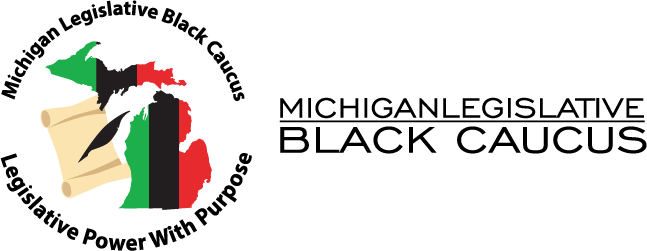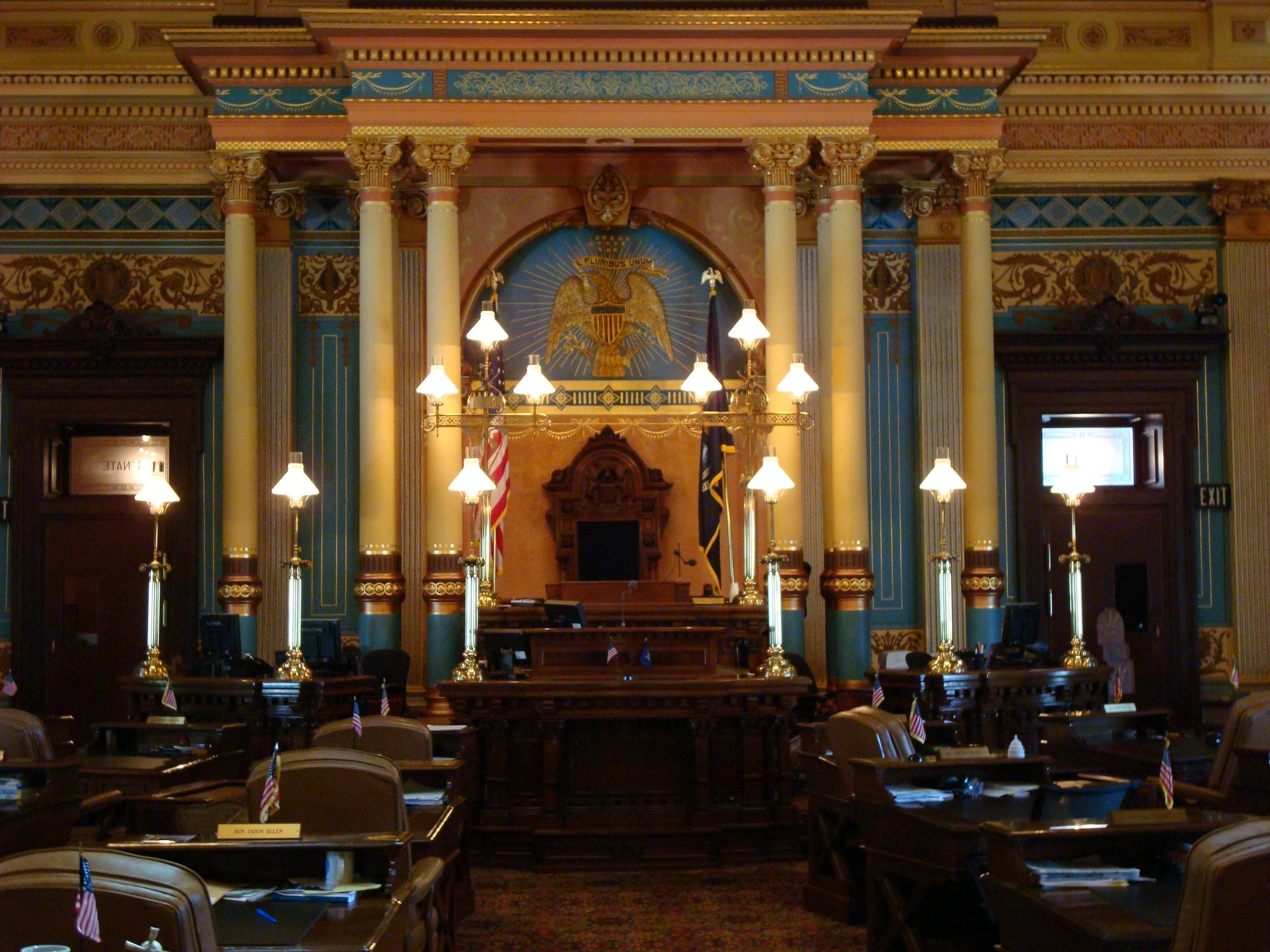LANSING, Mich., June 30, 2023 — In a disappointing decision yesterday, the U.S. Supreme Court eliminated affirmative action in higher education.
In Justice Ketanji Brown Jackson’s dissent, she offered a very poignant perspective that pertained to historical trends that were — and are — designed to keep the Black community away from opportunities to progress. “History speaks. In some form, it can be heard forever,” Justice Jackson wrote. “The race-based gaps that first developed centuries ago are echoes from the past that still exist today. By all accounts, they are still stark.”
“At a time when most who are directly impacted would view the Supreme Court’s decision as stifling to the progress of and a deliberate halt to the Black community’s advancement, there are some underlying opportunities that should be considered, given the new reality,” said Michigan Legislative Black Caucus Vice Chair state Rep. Amos O’Neal (D-Saginaw).
Multiple times, Justice Jackson alluded to the Black person’s ability to overcome and persist despite the seemingly insurmountable circumstances. In that same vein, one could surmise that degrees from specific institutions may be far less meaningful in the current marketplace, as places of employment weigh a person’s ability to produce results more than the institution that provided their education. A reasonable argument could be made that the worth affirmative action once carried four, even two decades ago, isn’t its equivalent today.
Moreover, the Supreme Court’s decision forces institutions to show their stance related to diversity, equity and inclusion (DEI) intentionally and actively. Institutions that choose to commit to DEI principles will, based upon their efforts, have diverse student bodies and will be celebrated. There are colleges and universities that believe in diversity at their core, and those are the institutions that deserve access to our bright young people. It is clear that the decision yesterday upends affirmative action intended on creating more diverse student bodies. Fortunately, however, there hasn’t been another time in history where Black people have had the ability to choose like they do presently and make those choices based upon whether institutions align with our values and believe in diversity, equity, inclusion and justice at their core.

